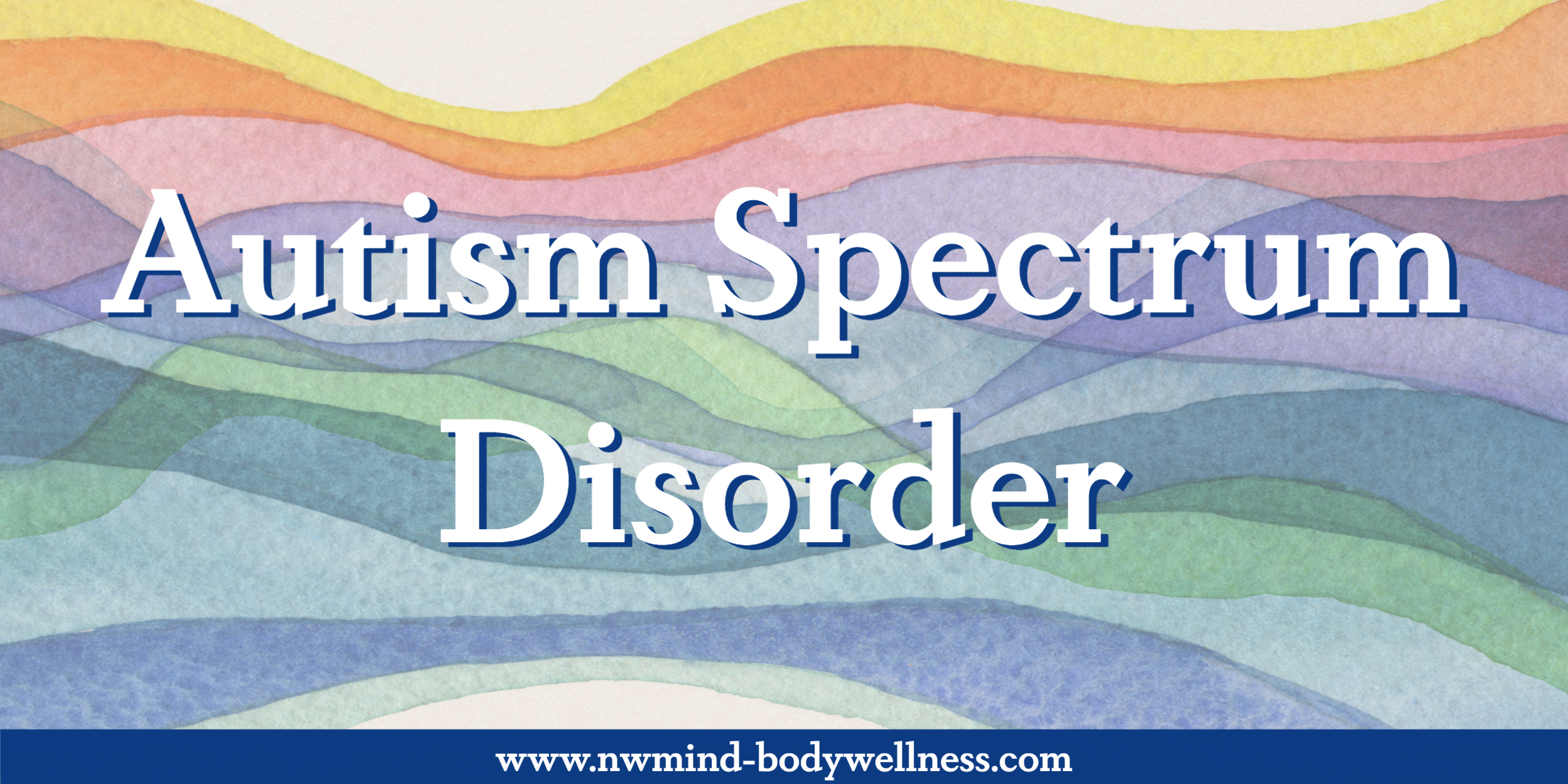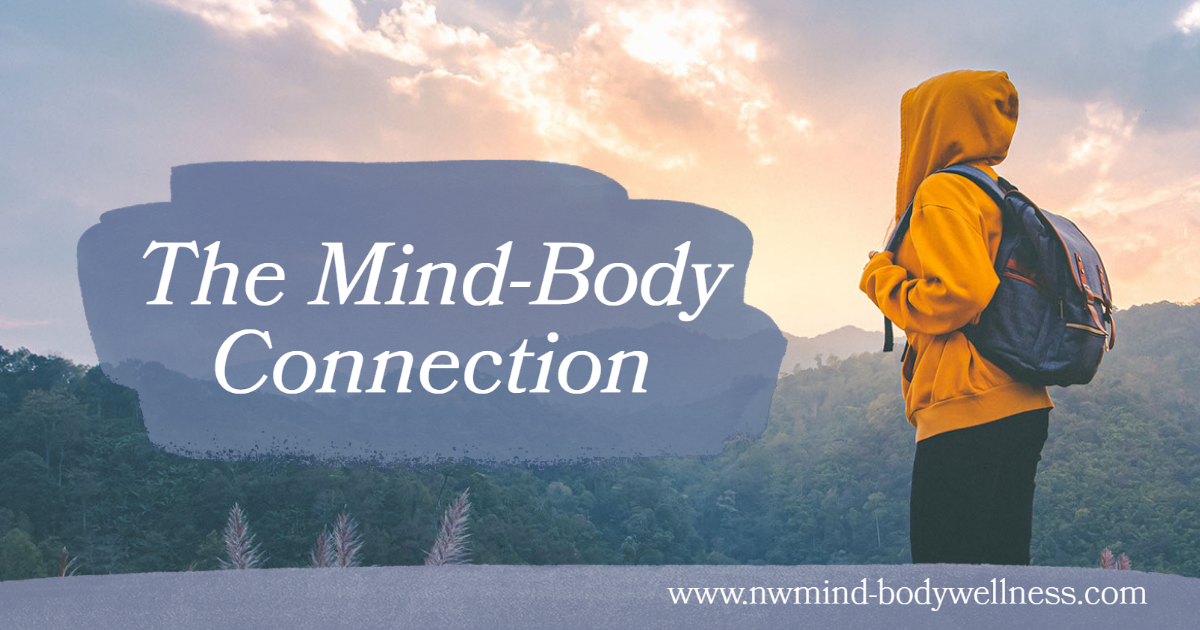
Autism Spectrum Disorder
Autism spectrum disorder (ASD) is a developmental disorder that affects how one interacts with others, communicates, learns, and more. The disorder can be seen as a “spectrum, as the symptoms and severity of ASD varies by person. Some individuals are mildly impaired by symptoms, while others may be severely disabled.
Autism can be diagnosed at any age. However, symptoms generally appear within the first two years of life which makes it seen as a “developmental disorder.” According to the CDC, males are four times as likely to develop symptoms of ASD. However, people of all genders, ages, and demographics can develop autism spectrum disorder.
Signs and Symptoms
The signs and symptoms of autism varies by person, but typically the disorder causes difficulties in communication and interaction, restricted interests, and repetitive behaviors. While symptoms vary, they commonly include:
- Social communication and interaction symptoms
- Avoiding eye contact
- Not responding to one’s own name
- Appearing to not listen to people who are talking
- Facial expressions or body language that does not match what is being said
- Trouble adjusting behavior in varying social settings
- Difficulties understanding other people’s point of view
- Talking in length about a specific favorite subject without observing if others are interested or wanting a chance to speak
- Difficulties making friends
- Restrictive and repetitive behavior symptoms
- Having an intense, lasting interest in specific topics
- Overly focused on interests
- Trouble transitioning or changing routine
- Repeating certain behaviors that are often unusual
- Feeling more or less sensitive to sensory input (including sound, light, touch, and more)
It is important to note the strengths that are often seen in individuals on the autism spectrum. These include, but are not limited to:
- Being able to learn and remember many details
- Excelling in math, science, or art
- Strength in visual learning
Causes and Risk Factors
The primary causes of autism spectrum disorder currently remain unknown, but studies have shown genes and other environmental factors may both play a role in the development of autism. Contributing factors to may include:
- Having older parents
- Having a low birth weight
- Having a sibling with autism
- Having certain genetic conditions
Treatment
It is best to begin treatment for ASD as quickly as possible after diagnosis. With the help of early treatment, individuals can receive proper care and accommodations to help them succeed.
As ASD has varying severity and symptoms, treatment needs to be individualized. A health care provider can help determine the best path for treatment. Treatment plans may include a combination of:
- Medication
- Medications may be used to help treat symptoms of ASD. Often, medication can help provide relief from symptoms of hyperactivity, attention problems, aggression, anxiety, depression, and more.
- Behavioral and Psychological Treatment
- Individuals diagnosed with autism may be referred to a health care provider who can help them learn communication and behavioral skills. Treatment interventions are typically intensive. In addition to the health care providers involved, often caregivers and family members play an important role in these programs.
- Behavioral and psychological interventions may help those with ASD learn better social, communication, and life skills. Also, the programs can help reduce behavior patterns that interfere with daily functioning and life.
Learn More
- To learn more about autism spectrum disorder, we recommend contacting your or your child’s health care provider.
- To read more about ASD, the following resources are suggested:
Return to home page: https://nwmind-bodywellness.com/
Read more articles: https://nwmind-bodywellness.com/articles/




























